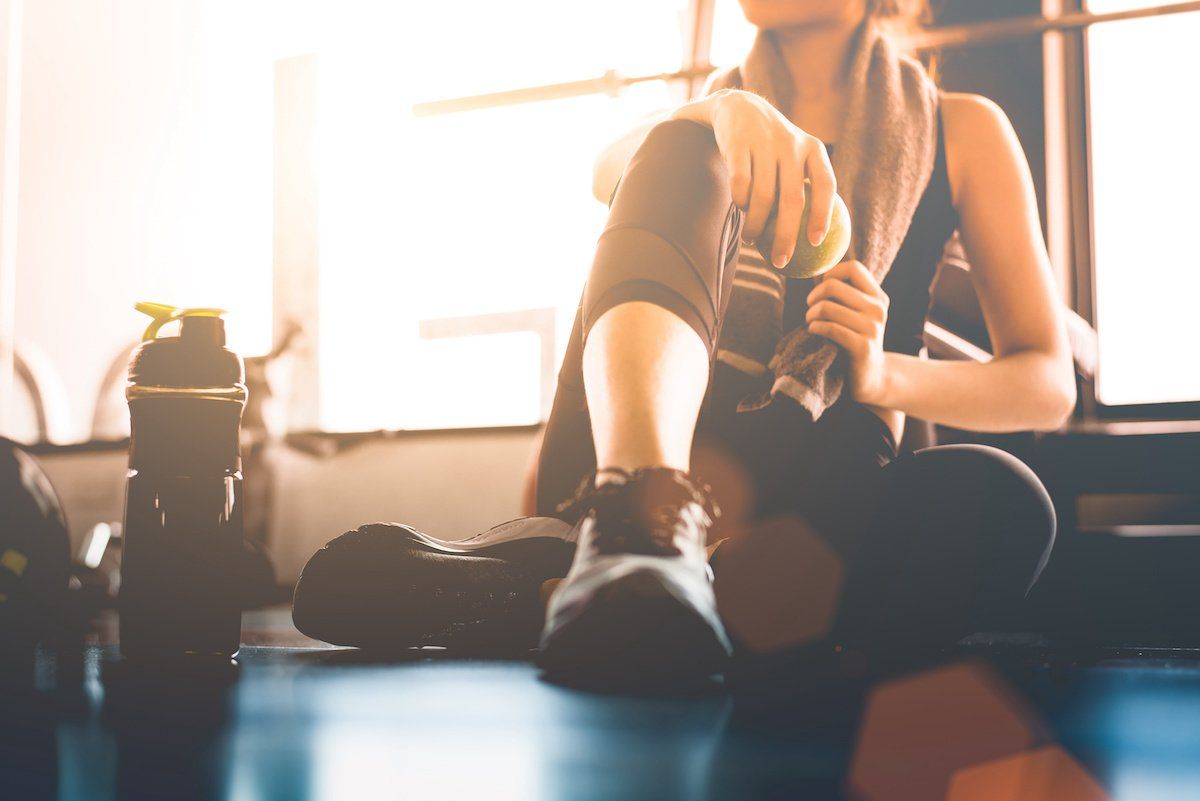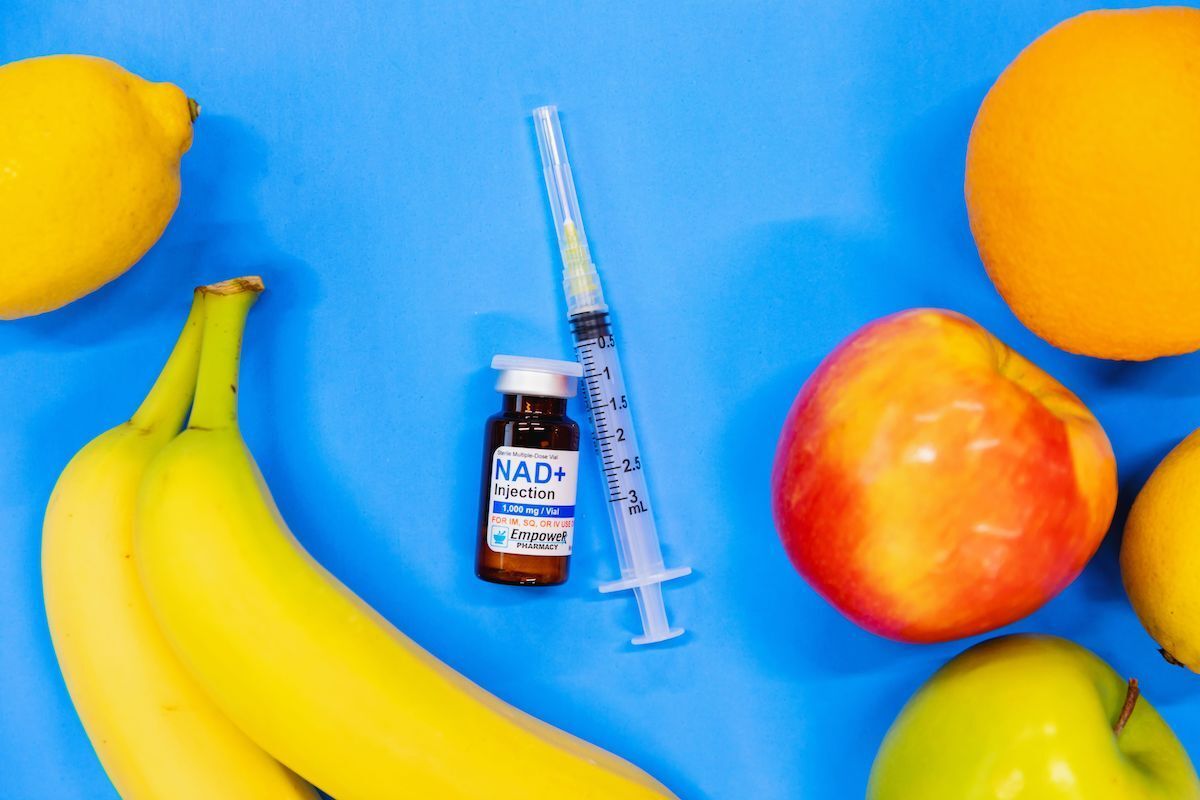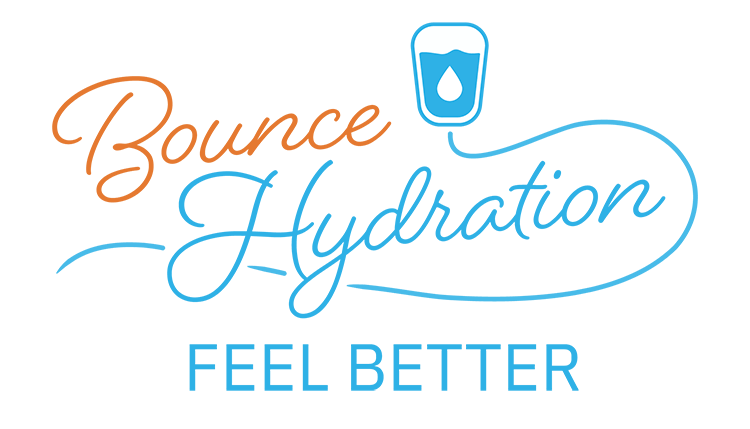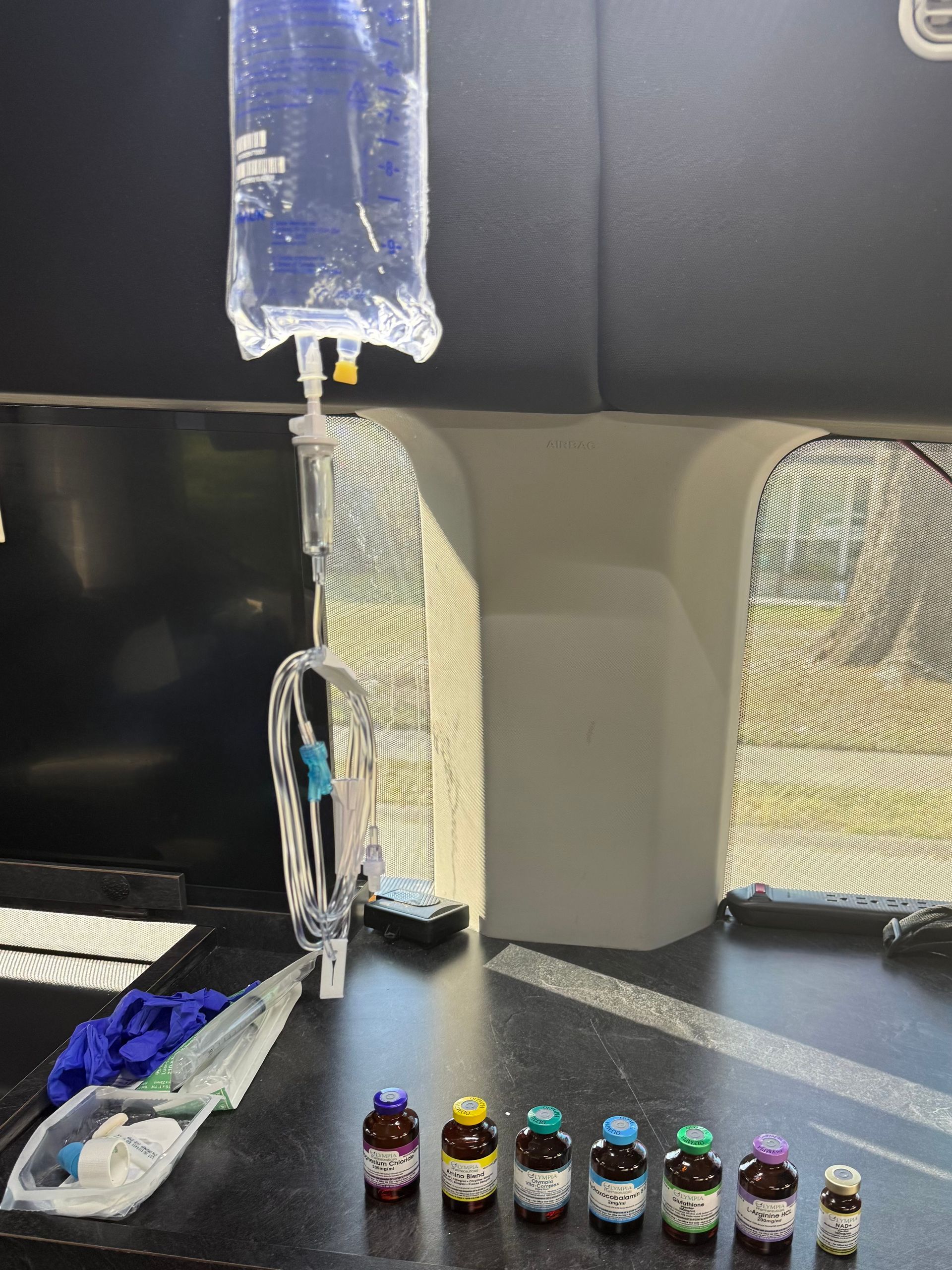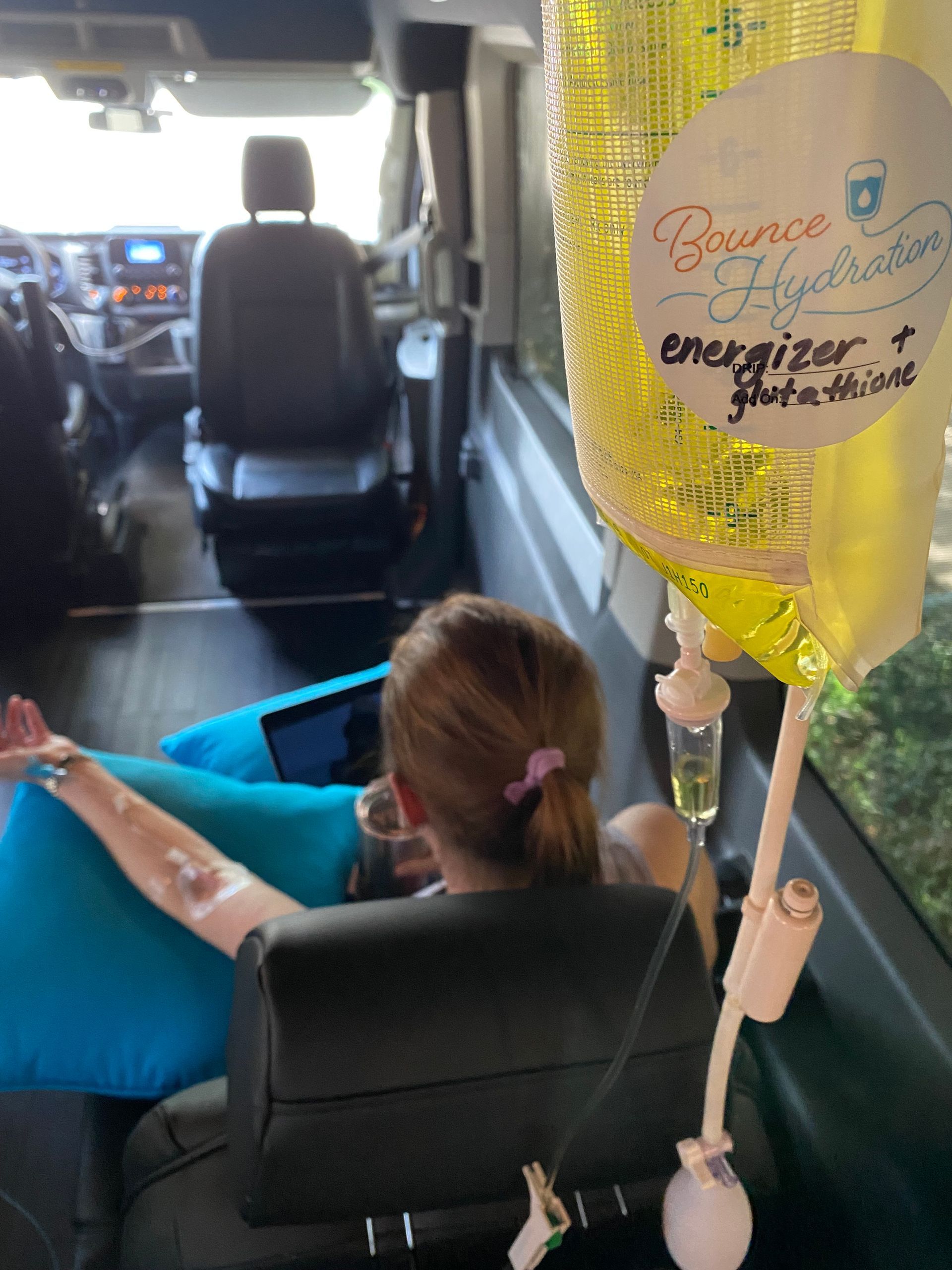Parched? Here’s How to Recover From Dehydration
When was the last time you had a glass of water? If you aren’t sure, go and have one right now. Hydration is essential to the maintenance and performance of our bodies, yet about 75 percent of the U.S. population is chronically dehydrated. When you haven’t had enough to drink, or if you’re dehydrated as a result of illness such as vomiting and diarrhea, your body acts out. Symptoms of dehydration include fatigue, dizziness, lightheadedness, irritability, low blood pressure, and headache. In severe cases, dehydration can be fatal.
Symptoms of Dehydration
Being dehydrated can significantly diminish your quality of life, so it’s important to know the symptoms of inadequate hydration. Symptoms in children, however, differ from those experienced by adults. Watch out for the following tell-tale signs of pediatric dehydration:
- Irritability
- Lack of tears
- Decreased urination
- Lethargy
- Dry mouth
- Mottled hands and feet
For a young child, dehydration can be quite serious, so you’ll want to have them treated as soon as possible. In adults, the signs are things we might all be used to: the above, plus dizziness, fatigue, dark urine, excessive thirst, headache, trouble sleeping, and a rapid heartbeat.
Bouncing Back from Dehydration
For adults, it’s pretty easy to treat dehydration at home. Here’s what you should do.
1. Take Electrolytes
When you’re dehydrated, you’ve drastically depleted your levels of electrolytes, which are vital minerals your body needs to function properly. They’re things like potassium, sodium, and calcium. Without these minerals, you can become very sick—so make sure you’re getting enough after a bout of dehydration. Electrolyte supplements are sold in a variety of forms: as powders, liquid beverage enhancements, and dissolvable tabs similar to Alka-Seltzer. You can also get electrolytes through IV Drip Therapy. Electrolytes in supplement form are especially helpful for people recovering from food poisoning or overexertion during exercise.
2. Start Drinking
This is a no-brainer: grab something to drink as soon as you feel thirsty or notice the effects of dehydration. Water is best, but if you’re one of those people who just doesn’t enjoy drinking plain water, you have some options. Herbal tea, cold or iced, will rehydrate you while offering flavor and antioxidants. Try to stay away from caffeinated drinks like black tea, coffee, and soda, as these beverages have a diuretic effect that will only dehydrate you further.
You can also fill a glass with fresh fruit juice (unless you’ve had diarrhea, in which juice can exacerbate your symptoms) or a sugar-free sports drink. The regular sports drinks that have a ton of sugar create an electrolyte imbalance—and are also pretty unhealthy in the long run. Other healthy options include coconut water, sparkling water, electrolyte-infused water, and even milk. Keep in mind, though, that milk might not always be the best choice, especially if it’s a really hot day or you’ve just had an intense workout.
3. Have Some Fruit and Vegetables
Many fruits and vegetables contain significant amounts of water – think watermelon, apples, celery, cucumbers, and tomatoes. All that juice contributes to your daily recommended intake of water. So, when you’re feeling particularly parched, grab a handful of grapes or munch on some lettuce. If you don’t like eating these things fresh, don’t worry. You can add them to a smoothie or a soup. Just make sure you don’t cook them, as cooking decreases the water content of fruits and vegetables.
4. Stay Away from Salty Snacks
It’s true that sodium is an essential electrolyte. But too much salt can actually dehydrate you. Skip the salt shaker at your next meal and rely on other aromatics and spices for flavor. If you’re snacking while you’re dehydrated, put down the pretzels, chips, and salted peanuts. Opt for something like hummus with crudités or a no-sugar-added fruit popsicle.
5. Keep a Water Bottle With You at All Times
Have you ever forgotten about something in the fridge because it got pushed to the back? The same thing can happen with water if you don’t keep a glass or bottle nearby. Find an ounce-tracking bottle you can fill with something good to drink that holds at least 32 oz. and keep it with you. You’ll be more inclined to take a sip if it’s always within your field of vision.
Remember: Your body needs water to survive. If you feel thirsty, you’re probably already dehydrated. So be proactive and keep water around you at all times—and drink it. That way you’ll be able to feel your best and operate at peak performance.
Feeling especially dehydrated? Bounce Hydration’s IV Drip Therapy will speed up the rehydration process while delivering a customized combination of essential vitamins and minerals. Schedule your mobile IV Drip Therapy today!
Share with Your Friends and Family!


